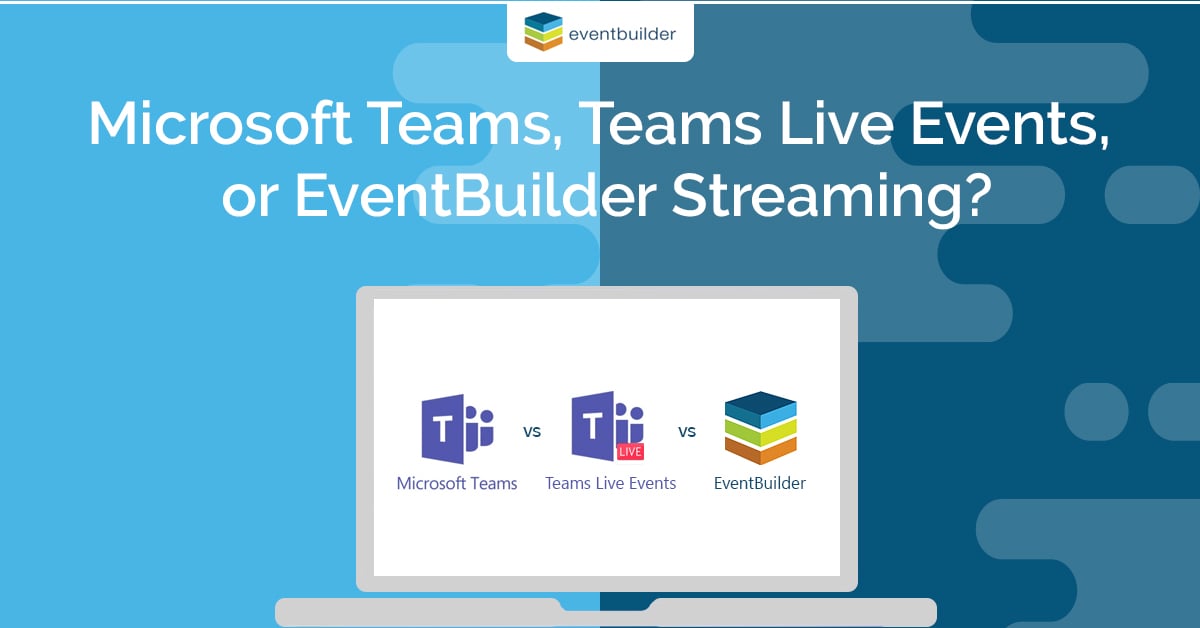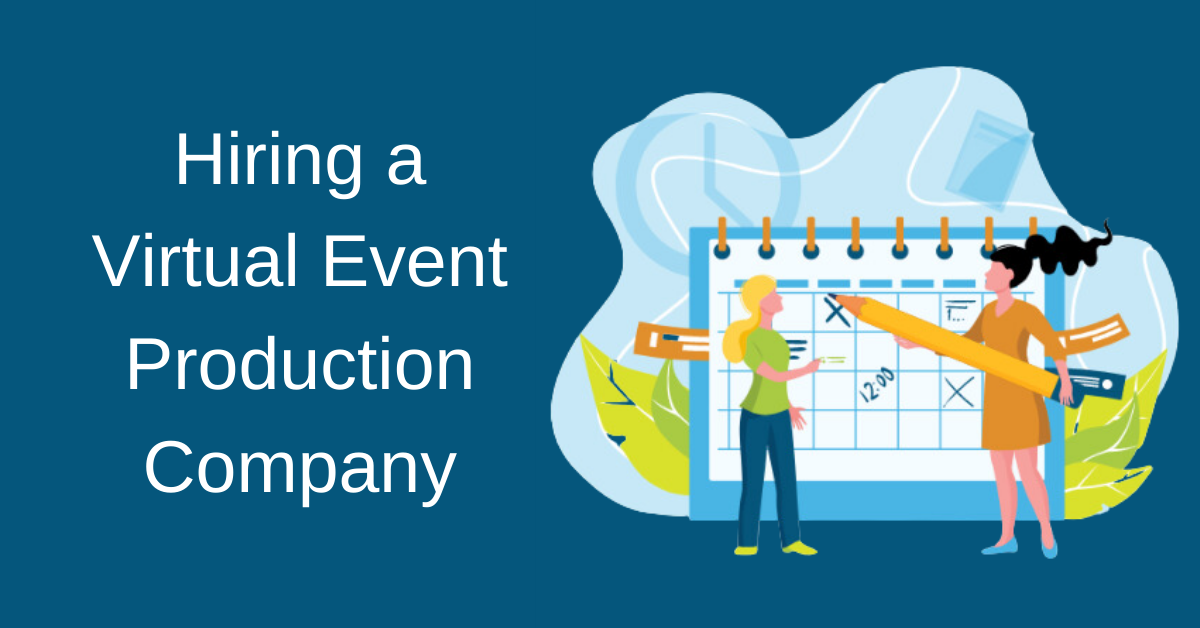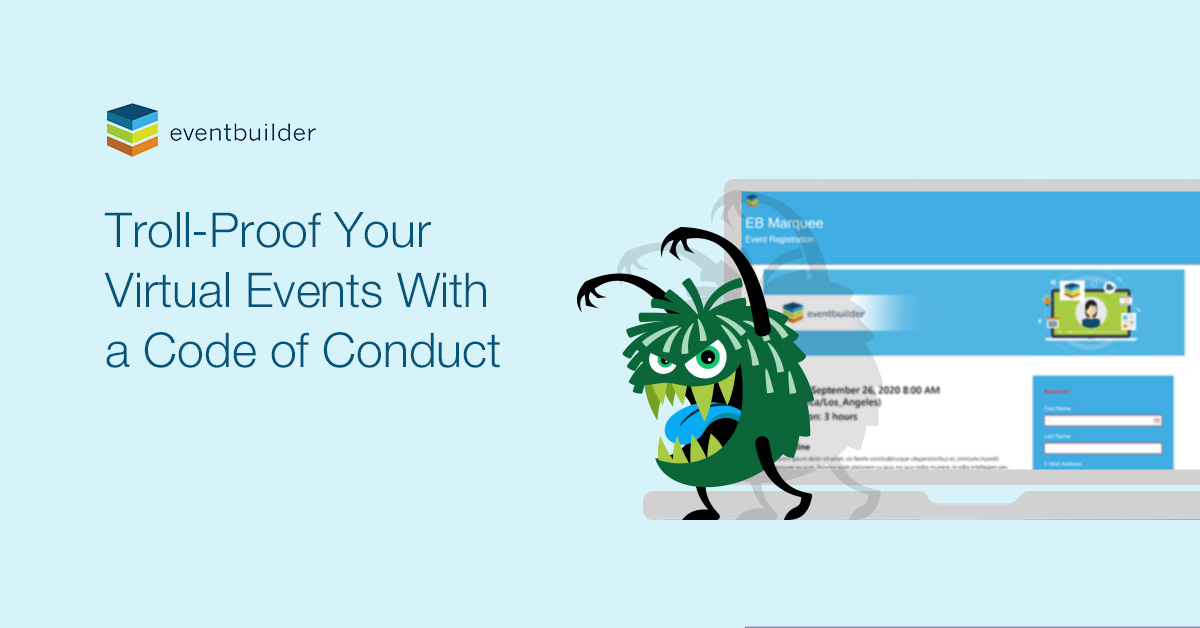The Future of Virtual Events 2023 - *Updated*
While the events industry is making space for in-person events again, their online counterparts aren't fading into the background anytime soon. What does 2023 and beyond look like for virtual events? Pull up a chair and let's chat about it.
Event Strategy: Leading with a Digital-First Model
According to recent data from Aventri, 70% of marketers surveyed did not have a virtual events strategy prior to the pandemic. Now, organizers are no longer simply asking, "how can we convert our in-person event into a virtual one?" By leveraging the wealth of data virtual events provide, deploying a digital-first strategy enables event pros to more precisely target their audiences and create events accordingly. With a digital-first strategy, they are uniquely positioned to take factors such as specific audiences, accessibility, time zones, and potential global reach into account. Data + audience targeting = successful events and higher potential for lead conversion.
Beyond the Yawn: What Attendees Expect
While the avalanche of data gathered from virtual events can certainly help event organizers target their audiences and marketing channels, focusing on things such as lead scoring doesn't create the experience attendees want and have come to expect. In essence, it's not simply what you're presenting, but how you're presenting it. What are attendees really looking for in a virtual event now?
- Experience-focused - Building activities and engagement around giving attendees unique, one-of-a-kind event experiences with emerging technologies such as AR, demos, access to new products before they are released to the public, and exclusive access to industry-relevant thought leaders and sought-after speakers.
- Event Theme - Narrow the event's focus to a theme and repeating it often throughout the event, identifying the main takeaway for attendees and weaving it into interactivity and engagement. Attendees want to get exactly what they came for.
- Guidance - Experienced moderator(s) providing event navigation for attendees, advising them on how they can make the most of each segment on the agenda.
- Flexibility and supporting materials - Audiences want to attend events when it best suits them - accomplish this by providing an on-demand, event recording option. They also place a high value on downloadable presentation slides and additional resources.
- Personalization, Engagement, Connection - The main virtual event is only part of a bigger picture attendees are seeking. Setting up pre- and post-event access channels, leveraging registration data to add topic-themed breakout rooms with a facilitator, create subject-specific online networking communities for attendees, and even providing them with a 'cameras off' option when they're not interacting adds value and a personal touch. Attendees want evidence they are more than simply a sales lead.
- Seamless, high-quality tech and production - According to a 2022 report by Kaltura, 88% of attendees surveyed expect no technical glitches, and indicated they would drop out of the event after one or two issues. Make certain yours is ready to deliver. The bar is high for production quality as well, making the case for an investment in upgraded audio and video equipment.
- No heavy-handed sales pitches - 78% of respondents to a survey by BrightTalk stated their top reasons for not registering or attending a webinar is when it is too "salesy" and marketing and/or product-focused. Content misalignment and speakers/presenters who lack authority and relevance were next on the list.
Webinars Are Still Winners
We've said this before here at EventBuilder: Webinars are the comfort food of virtual events. Here's the evidence to back us up:
- 72% of event marketers say webinars directly impact their revenue. (Statista)
- 99% of respondents representing the small business and enterprise sector state that webinars are a significant part of their marketing strategy. (Statista)
- 75% of B2B professionals state that webinars help lower the marketing cost-per-lead. (Webinarcare)
- 80% of webinar attendees register for educational purposes. (Markletic)
Webinars are widely considered a driving force for high quality leads, so offering content surrounding best practices and tips is more likely to convert a lead to a customer than an extended sales pitch. Webinar data indicates that to maximize your efforts, you'll likely want to keep the following in mind:
- When - Mid-week, Tuesday through Thursday are the most popular for attendance.
- Length - 45-50 minutes is the sweet spot for event duration.
- Engagement - Q&A is a top desire for webinar attendees.
Why Keep Doing Virtual Events and Webinars?
For attendees, good virtual events offer convenience, accessibility, travel cost savings, access to content on their schedule, as well as opportunities for networking and community. Tailoring your virtual event offerings around topics and information that interest your audience, and ensuring your attendees feel like actual people and not merely a prospect is going to keep your virtual programming alive, increase brand awareness, garner sales opportunities, and success in spite of a tight economy.
The Original Virtual Event and Webinar Wizards
EventBuilder is a Certified Women Owned Company providing end-to-end virtual events solutions and services for Microsoft Teams and Teams Live Events. Learn more about what we do to bring sought-after features, functionality, and professionalism to your virtual events programming and keep those attendees showing up and raving about you - reach out and get started today!
You May Also Like
These Related Stories

Teams, Teams Live Events, Or EventBuilder Streaming?

Hiring a Virtual Event Production Company



No Comments Yet
Let us know what you think